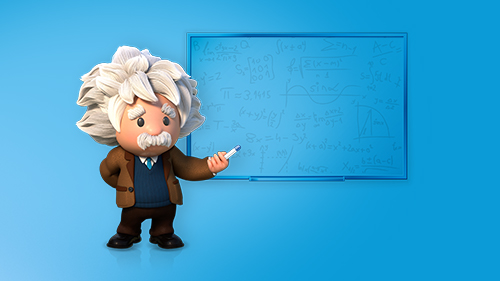Artificial intelligence (AI) is continuing its migration out of the research lab and into the world of business. Leading companies across hundreds of industries are harnessing its power — from banks analyzing countless data points in seconds to detect fraud, to call centers deploying chatbots to improve customer interactions.
These early uses are still fairly limited, but huge advances in deep learning (a subset of machine learning) are starting to impact AI in ways that will soon help society and business tackle a wider set of more general problems. Such advances will also make it possible to automate more complex physical tasks that require adaptability and agility.
At Salesforce, we believe AI has tremendous potential for improving the way organizations operate (and you can learn how AI is built into our entire Salesforce Customer 360 here). This next wave of AI will enable companies to continuously adapt processes based on past experience — ushering in vast improvements in customer targeting, for instance, because deep learning algorithms will be able to spot patterns in behavior that are more likely to lead to sales. In supply chains and manufacturing, potential benefits will include predictive maintenance of equipment, along with yield and inventory optimization.
Dr. Richard Socher, Salesforce's Chief Scientist, and his team of researchers introduced exciting new
AI breakthroughs at Dreamforce that promise to fundamentally change the way we work.
This future AI has the potential to revolutionize how companies engage with customers, compete with each other, and grow within the market.
While these advances may not fully mature for the next five to 15 years, they are certainly on their way. So with the future of AI set to change the rules of business, here’s what companies need to know about readying themselves for its impact on their industry and workforce, to better reap its benefits.


